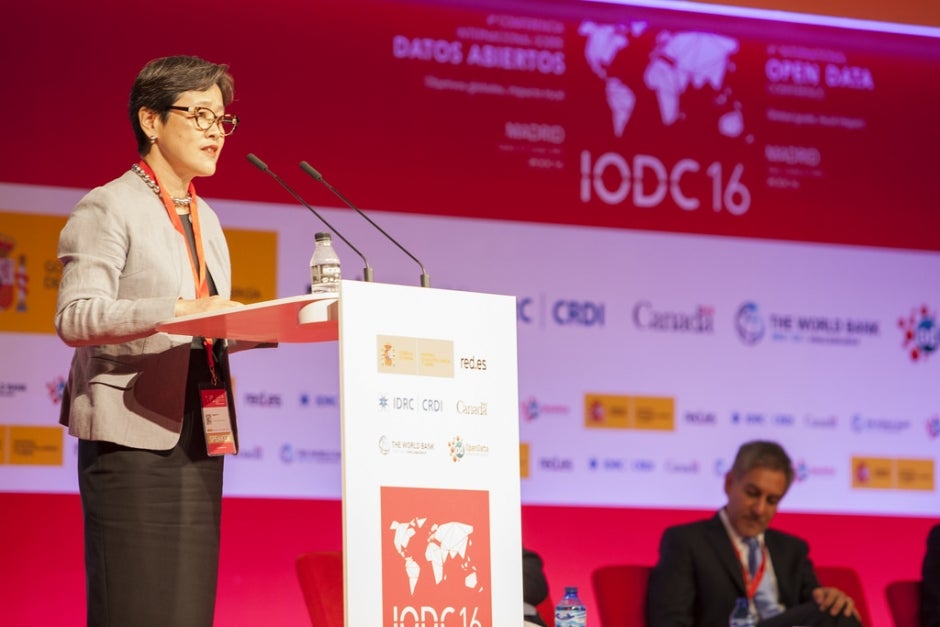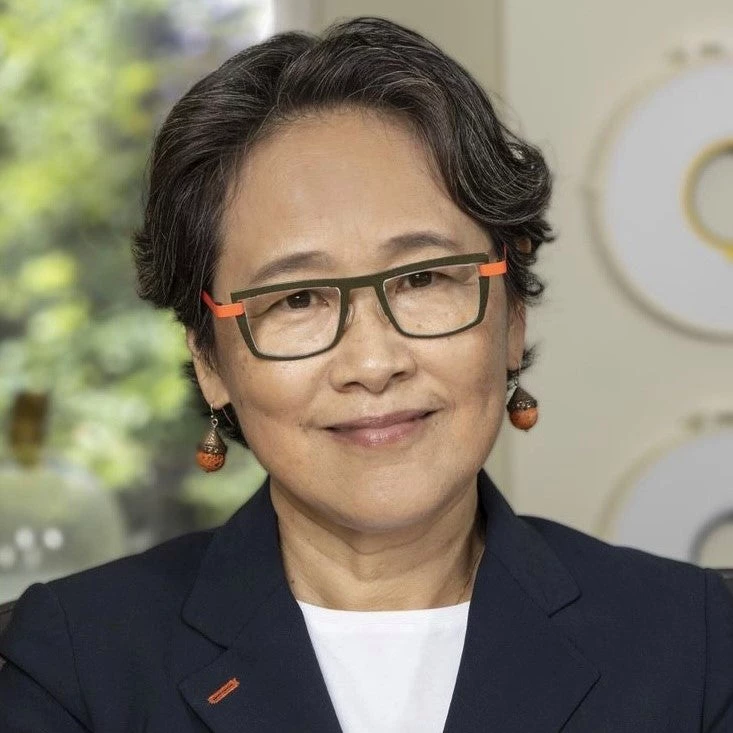
Earlier this month, over 1,500 people gathered in Madrid for the International Open Data Conference 2016. The World Bank is proud to be a co-organizer of this series of conferences which brings together the global community to shape the future of open data. I was asked to share our thinking on what’s on the horizon for open data and I’ve highlighted a few key ideas below.
Before I carry on though - a quick personal note. Being in Madrid reminded me of my first trip to the city 18 years ago, a few days before I took a new job as the chief of statistics at the UNDP's Human Development Report. Little did I know, while enjoying tapas before flying to New York, that a big part of my job was to become good friends with other international organizations, including the World Bank, so we could get, for free, in Excel sheets, the data they compile and disseminate, often through publication sales.
How things have changed since then with the Open Data Initiative! Now open data accounts for almost two thirds of all web traffic to the Bank and is freely available for anybody to access and use. I’d like to acknowledge my predecessor, Shaida Badiee, for having led the team to make open data happen at the World Bank six years ago, and for continuing to be a force for open data as head of Open Data Watch.
Open data is a feature not a product
The launch of a new open data initiative still gets attention, but we have to think of open data as a cross-cutting theme rather than a standalone issue. To paraphrase Steve Jobs, open data is a feature not a product. You can’t have open data without data to open up, and we should be building the principles of open data into the development of new processes and systems. That’s why the Bank’s Open Data work is closely aligned with the International Open Data Charter.
The most valuable data is local
We’re a global institution with a global outlook, but it’s clear that the most valuable data is local. You don’t wake up and look for you country’s average weather. In the same way, individuals and institutions need data at a higher resolution to make decisions.
Our recently launched Open Traffic initiative in the Philippines is a case in point. There we worked together with the government and Grab - the leading ride-hailing platform in the region - to take GPS data from their fleet of cars and turn it into traffic statistics which can help congestion and improve road safety.
For equality in society, we need equality in data
We also have to make data equitable. Our mission is to end poverty and boost shared prosperity, this means making open data and civic technologies work for everyone and not just the few.
Not only does this means creating tools for a broader audience, it means using data to shape the policies and services that affect the most vulnerable. Groups like the forcibly displaced, women and the extreme poor are are much less visible in the data - let’s fix this.
The future of data is collaborative
Lastly, we have to make data collaborative. Governments and official institutions are not the only groups with the means and interest in using data for the public good. This is why we’re proud to be anchor partners of the Global Partnership for Sustainable Development Data - a network of over 180 organizations from across the globe with a shared vision of using data to drive progress.
We’ve supported the partnership along with DFID, by providing financing for testing and scaling innovations in data production, analysis and use. But more importantly we’ve benefited from the partnership’s network and who they brought together.
Last month we launched “The Future of Business Survey” - a collaboration with Facebook and the OECD to try and understand business sentiment. Over the last seven months, more than 90,000 small and medium enterprises across 22 countries have been surveyed on Facebook’s platform and we hope the results will help policymakers, researchers, and businesses to better understand the current and future outlook of businesses and that the methods used will continue to evolve and respond to policy needs.
Three ideas for the future of data: local, equitable and collaborative. What do you think?


Join the Conversation